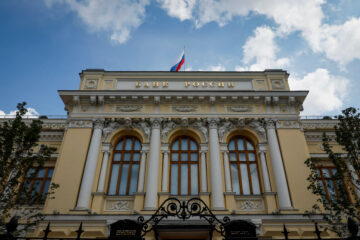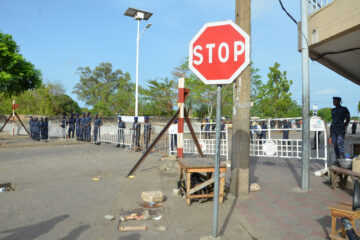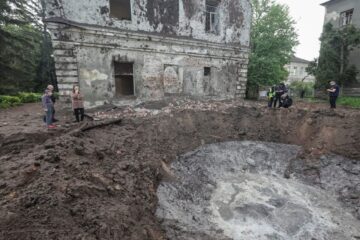U.S. asks U.N. to blacklist ex-Yemen president, rebel leaders
Reuters
The United States has asked for targeted U.N. sanctions to be imposed on Yemen\’s former president Ali Abdullah Saleh and two Houthi rebel leaders for threatening the peace and stability of Yemen and obstructing the political process.
Washington submitted a formal request on Friday for the United Nations Security Council Yemen sanctions committee to subject the men to a global travel ban and asset freeze. The committee is due to discuss the request on Tuesday, diplomats said.
Yemen, a U.S. ally with a population of 25 million neighboring oil-producing giant Saudi Arabia, is trying to end political unrest that began with mass protests against Saleh, president for 33 years until he stepped down in 2012.
"As of fall 2012 Ali Abdullah Saleh had reportedly become one of the primary supporters of the Huthi rebellion. Saleh was behind the attempts to cause chaos throughout Yemen," the United States said in its \’statement of case\’ obtained by Reuters.
"More recently, as of September 2014, Saleh is reportedly inciting instability in Yemen by using the Huthi dissident group to not only delegitimize the central government, but also create enough instability to stage a coup," it said.
The United States has also requested that two Houthi rebel leader be blacklisted — Houthi leader Abd al-Khaliq al-Huthi and the group\’s second-in-command Abdullah Yahya al Hakim.
Fighting has flared in different parts of Yemen since the Houthis, a group of Shi\’ite Muslim rebels, rose to dominance in recent months, threatening the fragile stability of a country bordering on Saudi Arabia, the world\’s biggest oil exporter.
Houthi forces took over the capital, Sanaa, in September and fanned out into central and western Yemen. That antagonized Sunni tribesmen and al Qaeda militants, who regard the Houthis as heretics.
"In late September 2014, an unknown number of unidentified Huthi movement fighters allegedly were prepared to attack the U.S. Embassy in Sana\’a, Yemen, upon receiving orders from Huthi military commander of Sana\’a, Abd al-Khaliq al-Huthi," said the United States in its \’statement of case\’.
It said the role of the group\’s second-in-command, al Hakim, was to organize military operations "to be able to topple the Yemeni government" and that he was responsible for securing and controlling all routes in and out of Sanaa.
"He commanded a Huthi unit of about 300 persons paid to fight the Yemeni government," the U.S. \’statement of case\’ said.
The U.N. Security Council in February authorized sanctions against anyone in Yemen who obstructs the country\’s political transition or commits human rights violations, but stopped short of blacklisting any specific individuals.
All 15 members of the Security Council\’s sanctions committee would need to agree for Saleh and the Houthi leaders to be blacklisted.
SOURCE: REUTERS
[do_widget_area inner_adsbar]










